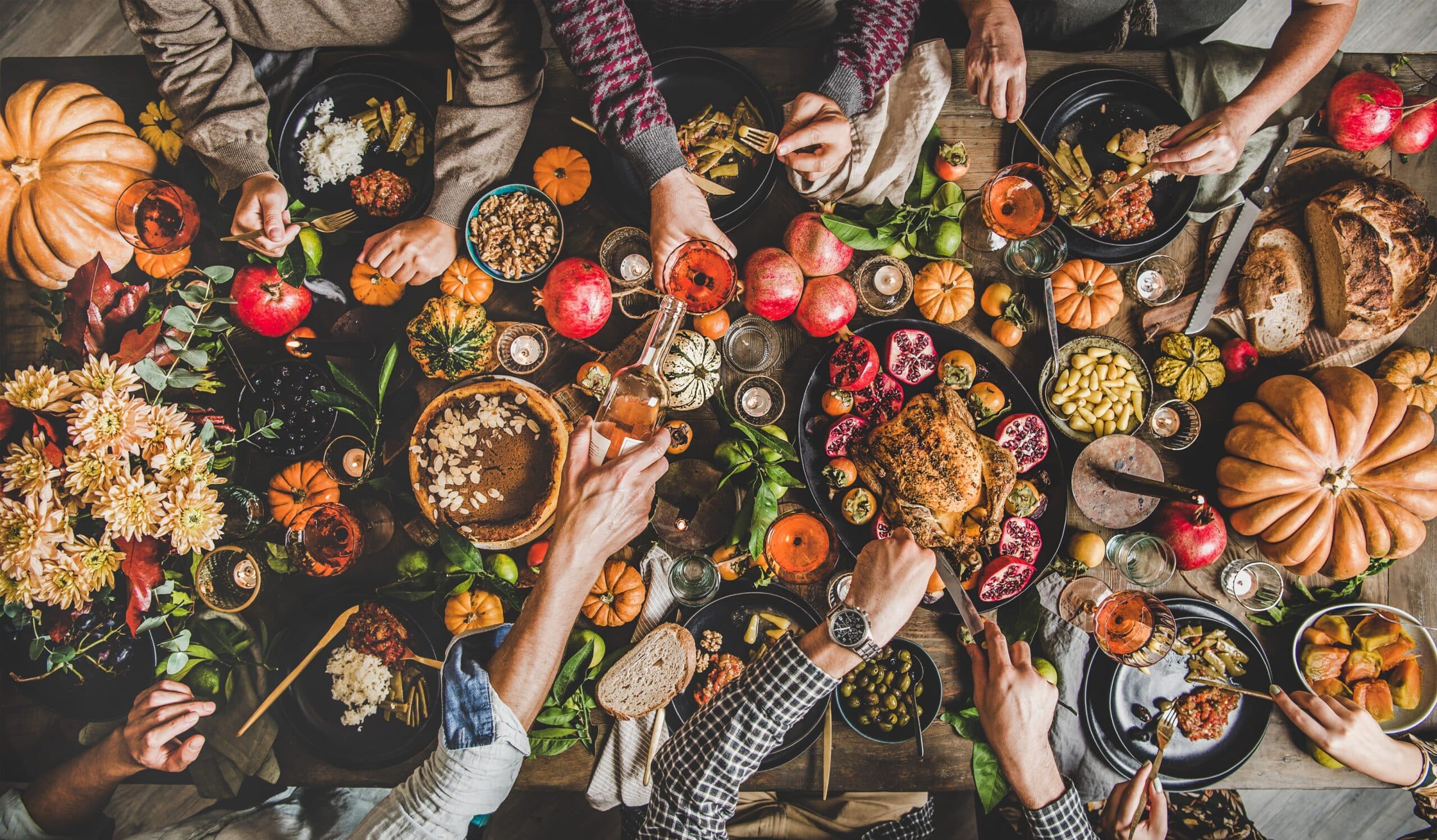The first part in avoiding conflict is to be aware of your own part in the creation or repetition of it, this may be challenging if one feels like the conflict is stemming from sources outside of their control. But being more aware of it means that we can do something about it by resisting the pull of it.
Expectations also play a part, being aware of expectations and our ways of protecting ourselves can contribute to anxiety. We can empower ourselves to avoid contributing to the conflict, and if even just one of us can resist the urge to join the drama this can play a huge role in creating a new dynamic and inspire others to follow suit which will help to break the cycle of discord and open the door to merriment.
Often without being aware we commit to the idea of repeating past conflicts as being unavoidable. The expectation can influence the outcome of conflict, but it doesn’t have to be that way. Resist the urge, visualize other possibilities and pause before taking the usual actions to replace it with something more positive.
Sometimes you will just need to remove yourself from the situation and excuse yourself from the room. This will give you a pause that will allow yourself to rethink and stop you from making the same mistake over and impulsively falling into that bad conflicting habit. The short break can help you to shake off the negativity and make a measured choice that is more positive and can open the door to new relational possibilities.
If those buttons are being pushed intentionally don’t take the bait and bite back, refuse to give into knee jerking compulsion to join in with the negative disruptive mess. You can respond rationally and calmly instead of reacting defensively, by doing this you are committing to boundaries that allow you to be more thoughtful about how, when, and why you choose to engage or not engage with other people.
Sometimes it helps to find other people who also don’t want to engage in family drama and plan ways to disengage together from inevitable conflicting topics and arguments, this can even be planned out prior to the event. Safe/key words can be made to send each other hints when either of you feel like you are being pulled into drama and need help to be pulled out, or if you see the other person starting to fall in. Being each other’s life preserves can go along way to reducing stress, and sets an example for others to follow to promote more cheerful chatter.
Before going to a family event think about past experiences to be aware of what provoked conflict. This can help you to change the topic as soon as you feel a slight change, or know it’s time to excuse yourself. You can even talk about this in advance with other relatives you feel are safe to talk with, this way everyone may be in a better position to understand and resist the pull of joining in on the mess of family conflict.
This is not about blame or criticism, when we know and accept our role in the problem we gain the power to help solve it. By taking steps we can reduce our contribution to family drama. Reflecting on historical family conflict and trying to understand it, means we are more likely to receive a better reception when we are willing to open the conversation with others with a polite and non-judgmental discussion looking for a way to work through historical problems together. Then when others are safely invited into the conversation involved in the ongoing conflict this can help to go beyond avoidance, and it is possible to forge ahead peacefully with a conscious commitment to peace and harmony.
Conflict isn’t always a bad thing, it can be the root of the process of developing healthy relationships. Conflict is a rupture and an equal opportunity of repair, and if we can break out of the old negative and disruptive cycles of conflict there is no reason why we can’t learn new ways of communicating with, relating to, caring for, and loving each other this holiday season to create a more cheerful, harmonious and loving family event that can make a significant impact on our own experience.
Of course sometimes no matter how calm, understanding, positive, mindful, and drama free you try to be there can always be one person that just wants to remain crusty with everyone, especially when alcohol is involved. It may be best to just flat out completely avoid these people outside of a very quick hello, unless you are feeling especially brave, centered, and confident. You can even establish a boundary here by saying something along the lines of this not being the proper place, and you would be happy to discuss it at another time. This does not make you a bad person because you want to avoid adding to the drama at a family gathering. Breaking the cycle of family conflict may not be easy, but it is worth it.




